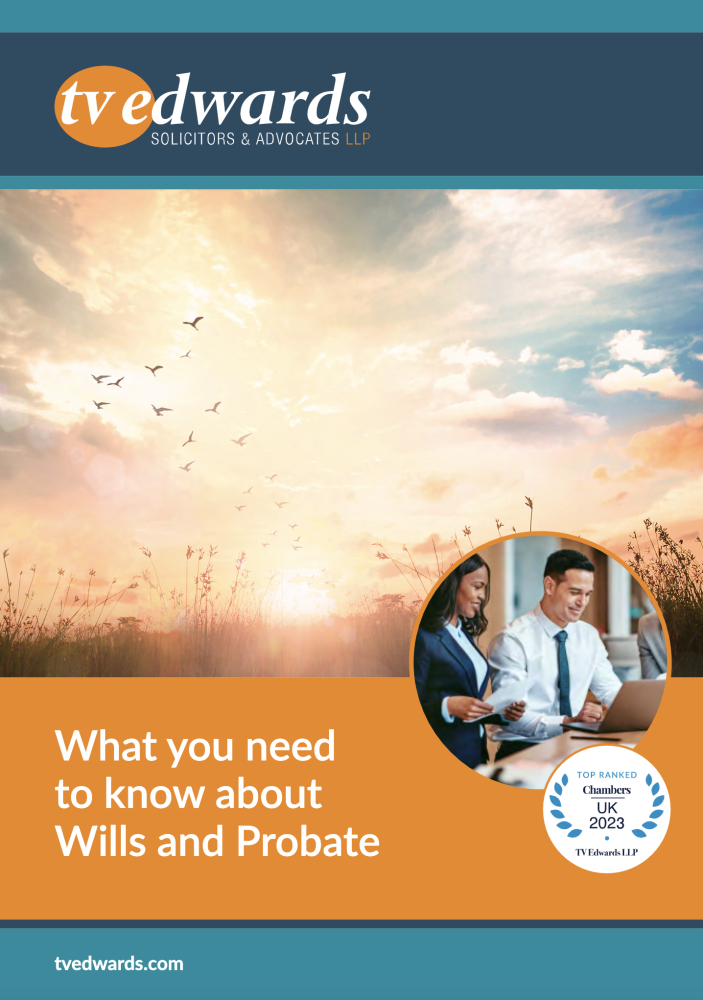We have a team of inheritance tax planning solicitors on hand to answer your questions about your will and inheritance tax.
Patrice was attentive to our needs, listened, gave us feedback and ensured we had a clear understanding.

Understanding Inheritance Tax
Inheritance tax is often referred to as a voluntary tax as there are steps which can be taken before death to reduce, or potentially even prevent entirely a liability arising through careful planning and the making of a will.
So as part of the will writing process, it can be helpful to have a conversation around inheritance tax and to put plans into place.
It’s important to have a will in place as, in the absence of one, your estate will be allocated based on the strict guidelines of intestacy laws.
These regulations may not coincide with your personal wishes for the distribution of your wealth or with the most tax-effective methods.
How Can Our Inheritance Tax Planning Solicitors Help?
A benefit of working with our team is that we will advise you about your individual circumstances, explore all the options available to you, so that you can leave your estate exactly as you want to in the most tax efficient way.
This is also why it is important to review your will regularly as the tax position can and does change.
If you require our advice or assistance with regard to Wills and tax planning, please contact our team by emailing patrice.lawrence@tvedwards.com or calling us on 020 3440 8000.
Frequently Asked Questions
Will my estate be charged inheritance tax?
The nil rate band is currently £325,000 and estates in excess of this may be liable to inheritance tax which is charged at 40%. If the deceased is the second to die in a marriage or civil partnership, any unused nil rate band for the partner who died first may also be applied. If you own residential property and your estate passes to direct descendants, your estate may be entitled to benefit from the residence nil rate band which is currently £175,000.
How long is a Will valid for?
It is valid indefinitely unless it is revoked by deliberate destruction by the testator or testatrix or by the making of a newer Will, although it should be reviewed with relative frequency say every 7 years so that the Will keeps pace with changes in your financial circumstances and in the family structure.
Where should I keep my Will?
This is a matter of personal choice. You can keep your original Will at home in a safe place. Many people do however leave their Wills with the solicitor who prepared the Will. It is possible to deposit the Will with HMCTS and an informal register of Wills is kept by a company called Certainty.
On what grounds could my Will be challenged?
- On the grounds that you lacked capacity to make it e.g. you did not understand what you were doing; If a solicitor is concerned that you lack capacity you will be advised to obtain a medical assessment confirming that you do have the capacity to make a Will to reduce the likelihood of a challenge under this ground succeeding.
- that you made it under duress or you were influenced by another person i.e. it was not voluntarily made; It is important when making a Will with a solicitor that you are seen on your own with no one else present to reduce the likelihood of a challenge under this ground succeeding.
- if there is any element of fraud; or
- because a person has a potential claim under the Inheritance (Provision for Family and Dependants) Act 1975. This may vary the provisions made in the Will or under the intestacy rather than challenge the validity of the Will.
 You & Your Family
You & Your Family You & Your Property
You & Your Property You & Your Business
You & Your Business









